
By Samuel SAM
The European Union (EU) funded landscape restoration initiative is transforming bare and fragile landscapes into green lands and creating new livelihood opportunities for locals to thrive in the Kassena Nankana West District of Upper East Region.
An estimated land area of 275.73 hectares of degraded plots have been restored in 22 communities. 100 farmers have also been trained and supported in bee-keeping, while 1,500 women were incorporated into 60 Savings for Transformation groups.
The project supported four seedling-nurseries to raise and distributed over 80,000 tree seedlings of varied species for enrichment planting in the 22 communities’ established Farmer Management Natural Regeneration (FMNR) sites. Not only are communities reclaiming degraded lands, they are also observing environmental practices such as non-burning and preventing commercial logging.
It also trained over 6,000 farmers on integrated landscape management approaches including FMNR. The project also identified and supported several households with alternative livelihoods – which includes bee-keeping, small ruminants-rearing – and the establishment of community savings groups known as Savings for Transformation (S4T).
These initiatives have created jobs for locals and provided access to financial services, especially for women who are currently engaged in petty-trading and income generating activities using small loans from their S4T transactions.
“Through S4T groups, many women were able to access small loans to begin small business enterprises. They no longer rely on the sale of firewood to earn income for meeting their financial needs, thus reducing deforestation practices in the project communities,” said Joseph Talata, project officer.
Landscape restoration approaches – such as the Farmer Managed Natural Regeneration (FMNR) and Assisted Natural Regeneration (ANR) – are cost-effective, efficient and quick restoration methods that best suit the restoration of degraded lands and landscapes where it is difficult to plant trees and nurture them to maturity.
“Thanks to the EU-LEAN initiatives, we have recovered several hectares of degraded land. We are happy our surroundings are growing greener and more beautiful,” said Abdul-Nashiru, lead farmer at the Navio-Samwo community.
“We have stopped large-scale charcoal production and large-scale firewood harvesting. Also, the community fire volunteers formed and trained are ensuring non-burning of bushes; and in the last two years, no major bush fires have occurred here,” said Abdul-Nashiru, a farmer.
We are leaving no stone unturned to reforest degraded land areas in their communities. “Restoring land to its original state is a responsibility and legacy we can leave for our children. This will also contribute to reduced impacts of climate change on agriculture and natural resources,” he said.
“We are glad we accepted the project when it was introduced. Today, women and men in the project communities have access to self-help and sustainable d financial services that we use in improving our livelihoods and increasing household income and food security,” said Vivian, a beneficiary.
Farmers are able to buy farm inputs at the right time by accessing loans from these savings groups.
The groups, mainly led by women, have improved their access to financial services and enabled them to meet their children’s educational and health needs as well as contributing to household food needs. “We can confidently support our husbands through savings and loans we are doing,” Vivian Adawona added.
The manager of EU-LEAN Project at World Vision Ghana, Joseph Edwin Yelkabong, said the project’s successes are linked to communities’ involvement and ownership of the project’s models.
“World Vision Ghana created project models that directly address farmers’ needs relating to livelihood and income generation,” he said.
In a region where opportunities for economic advancement are scarce, implementing the EU-LEAN Project is turning bare land into a forest, while Savings for Transformation groups are helping locals to access sustainable financial services – improving income sources and livelihoods while influencing growth and development at the community level, he said.
“By utilising FMNR sites for bee-keeping, farmers are diversifying their livelihood and income. The project initiatives not only boost economic prospects but also foster community awareness and resilience to climate change and its related hazards, and pride. As the project closes in December, its sustainability is solidly demonstrated and could be a catalyst for prosperity and growth of the implementing communities,” he noted.
The EU-LEAN project, implemented by World Vision Ghana in partnership with Rainforest Alliance, Tropenbos Ghana and Eco-Care Ghana, has not only revived the environment but also empowered local communities to create sustainable livelihoods and a greener future, he explained.
The post EU-LEAN restores 275.73 hectares of degraded land in Kassena Nankana West District appeared first on The Business & Financial Times.
Read Full Story
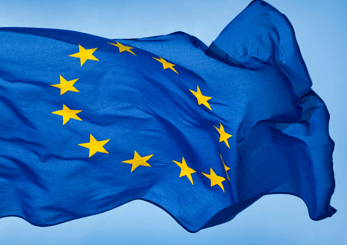
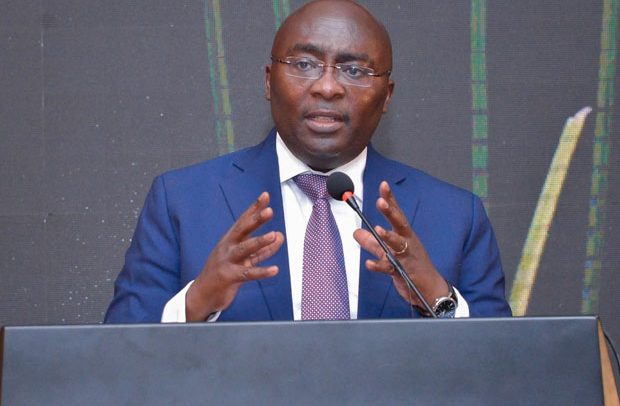
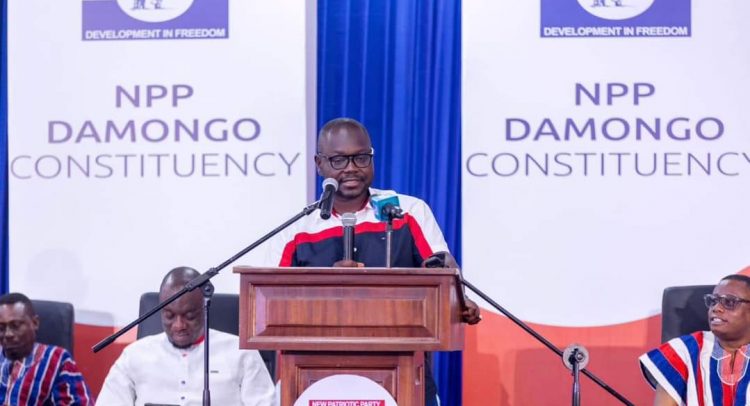
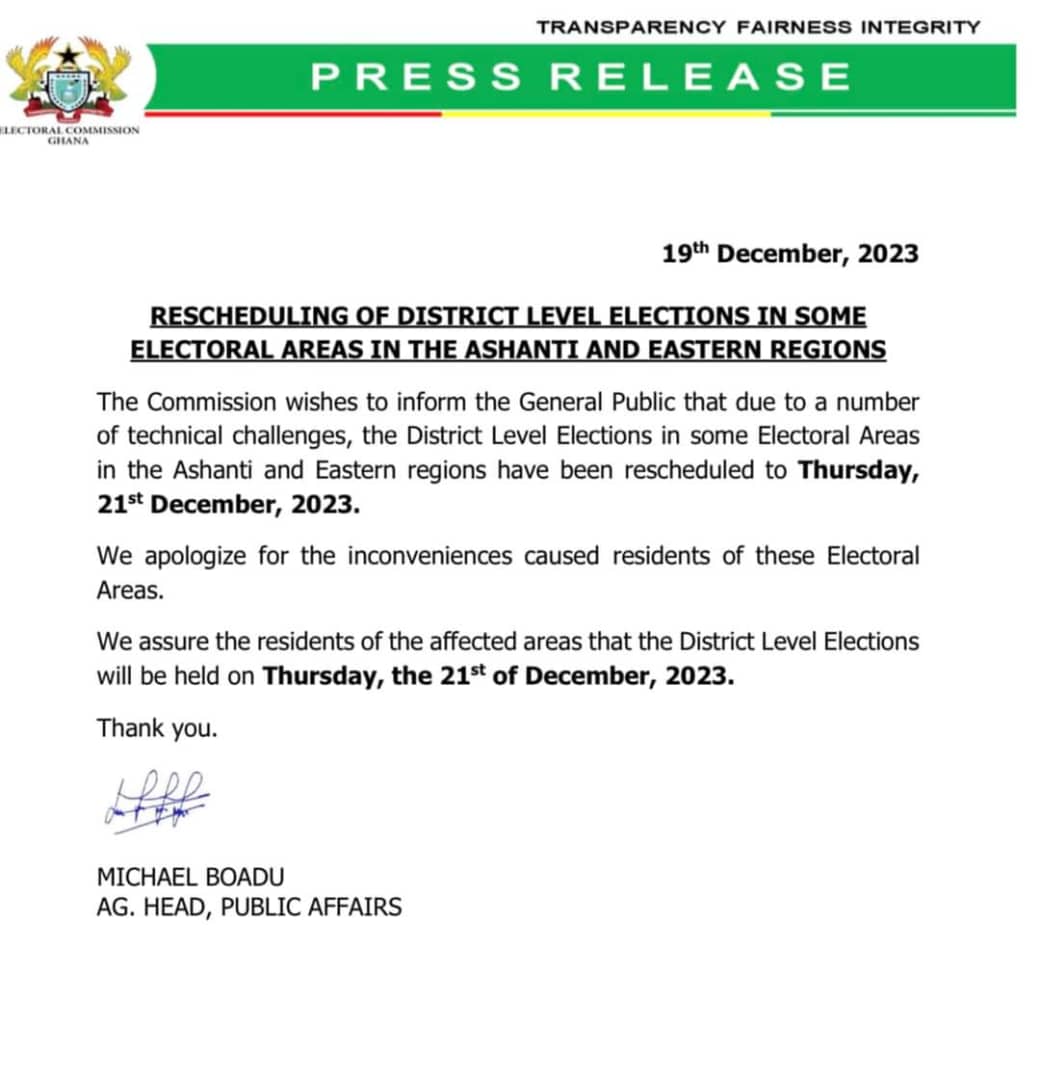



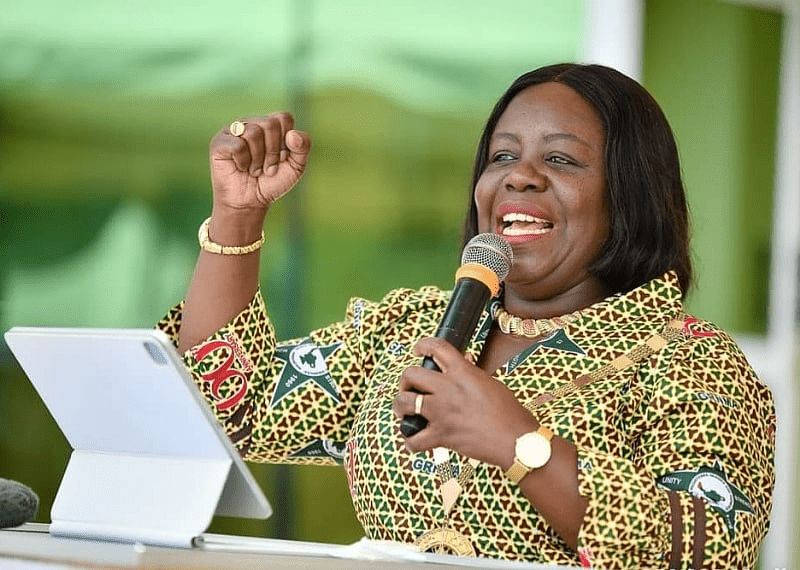





Facebook
Twitter
Pinterest
Instagram
Google+
YouTube
LinkedIn
RSS